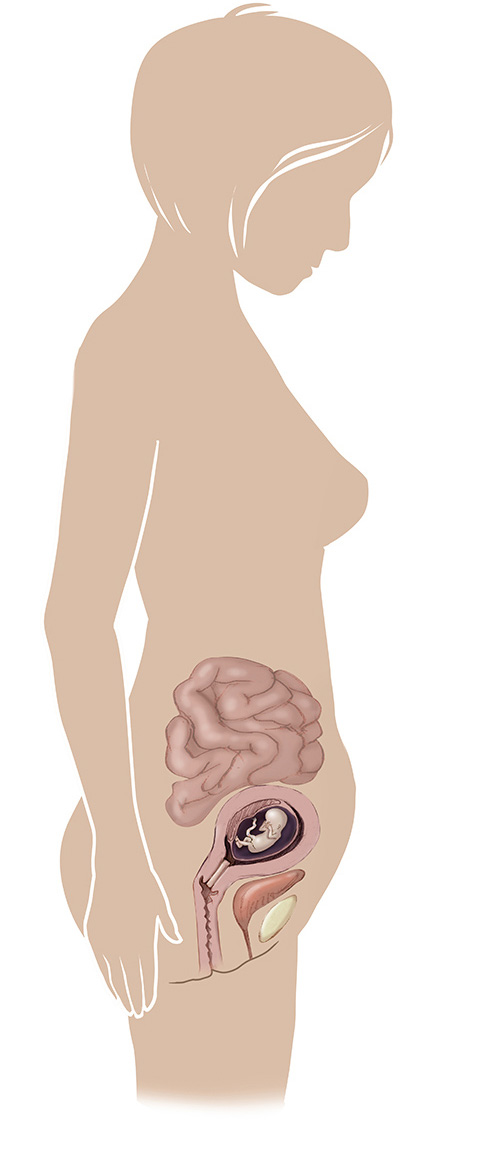does a baby breathe in the womb
Swallowing or inhaling amniotic fluid cannot harm your baby. In addition all the meaning of the life of the fetus in these 9 months is this womb.
20160417 Par Cocciman Dailymotion
They breathe via their umbilical cord.

. An unborn baby does not breathe air but practices breathing movements while in the womb. Does a Baby Breathe inside the Womb. Babies do not exactly breathe in the womb.
The babys lungs will start to develop in the womb from the third week of the pregnancy. As the mothers water breaks the uterus will begin to contract. 0 The mothers placenta helps the baby breathe while it is.
Babies do not use their lungs to breathe during their pregnancy but they do develop organs such as the heart and lungs. In the earliest weeks of pregnancy a baby looks like a ball of cells than a person in these weeks theres no need to breathe. Typically around the 40 th week of pregnancy baby is ready to enter the world.
Instead oxygen travels through the mothers lungs heart vasculature. Babies lungs do not function the same way in the womb as they do outside of the womb. Breathing during and after birth.
However babies in the womb do practice the movements required. At least not by inhaling air they way they do after delivery. Oxygen and carbon dioxide flow through the blood in the placenta.
The way your baby breathes is different from how we describe breathing. The common life systems of their lungs are input by week 16. But as a baby starts to grow.
Can you hear a baby cry in the womb. Click here to read more. How Does A Baby Breathe In The Womb.
Fetal breathing is not. Babies do not exactly breathe in the womb. The amniotic fluid goes in and out of the babys lungs.
A Sometimes Difficult Transition. This episodic practice called fetal breathing movements or FBMs begins at 8 to. While in your womb your baby will use their umbilical cord to.
Carbon dioxide and oxygen flow in the placenta. Instead oxygen travels through the mothers lungs heart vasculature. While its true your baby can cry in the womb it doesnt make a sound and its not something to worry about.
Baby in the womb never breathe until the moment of birth when the doctor gives babies that famous pat on the bum to make them cry and breatheConnect with. At least not by inhaling air they way they do after delivery. Just as a mother is eating for two she is also breathing for two.
So in essence the fetus doesnt breathe in the womb the mother breathes for her. However this answer is only technically correct as breathing by. A babys first true breath occurs at birth when he initially begins to cry according to the website for Dr.
The placenta of the mother aids the baby to breathe while hes developing inside the womb. The mothers placenta helps the baby breathe while it is growing in the womb. How do you know if baby is stressed in womb.
The short answer is no your baby cannot breathe inside the womb. He is still surrounded by fluid. The babys practice cries.
The baby is not breathing air yet. Most of it will go to the babys. Before birth a babys lungs are filled with amniotic fluid.

Facts About How Do Babies Breathe In The Womb Kingdom Of Baby

How Do Babies Breathe In The Womb Youtube

How Does A Baby Breathe While In The Womb Bebek Com
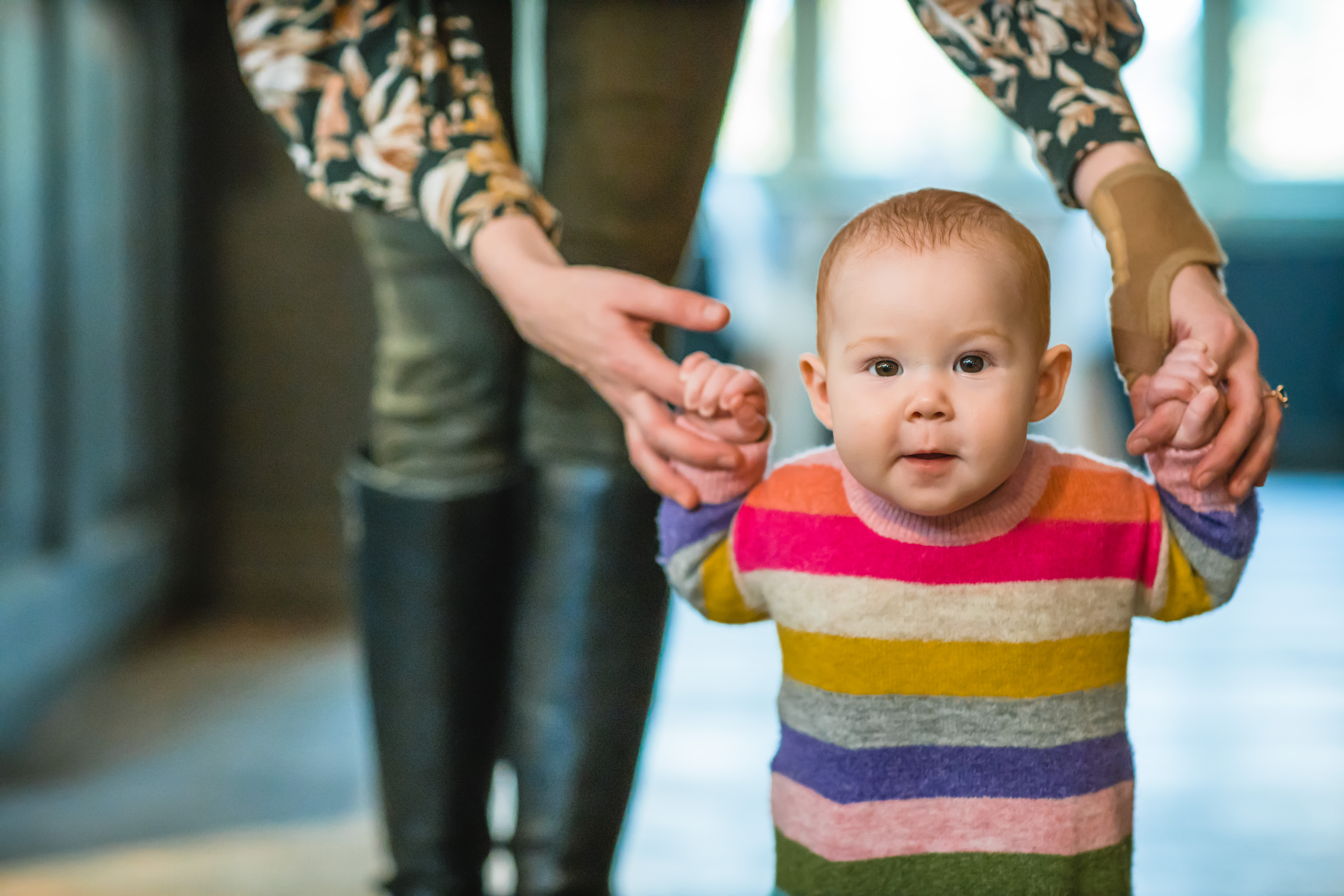
How Children S Lungs Grow Asthma Lung Uk
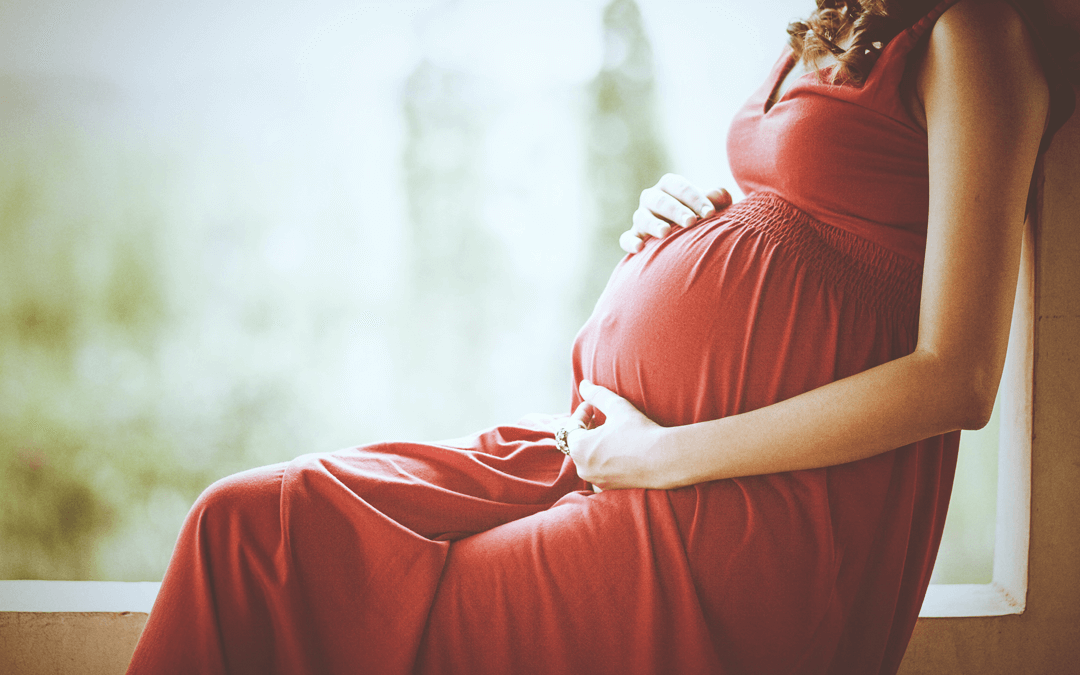
How Do Babies Breathe In The Womb Cells4life

Baby Practice Breathing In Womb 39 Weeks Pregnant Youtube

First 24 Hours Newborn Breathing Babycentre Uk
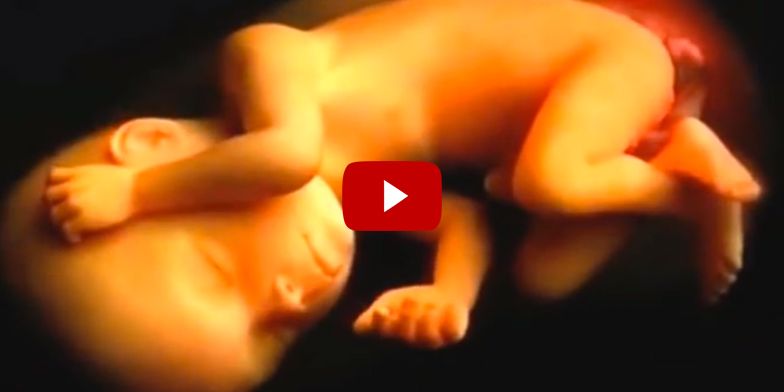
What Happens Inside The Womb During Pregnancy Child Developing During Pregnancy
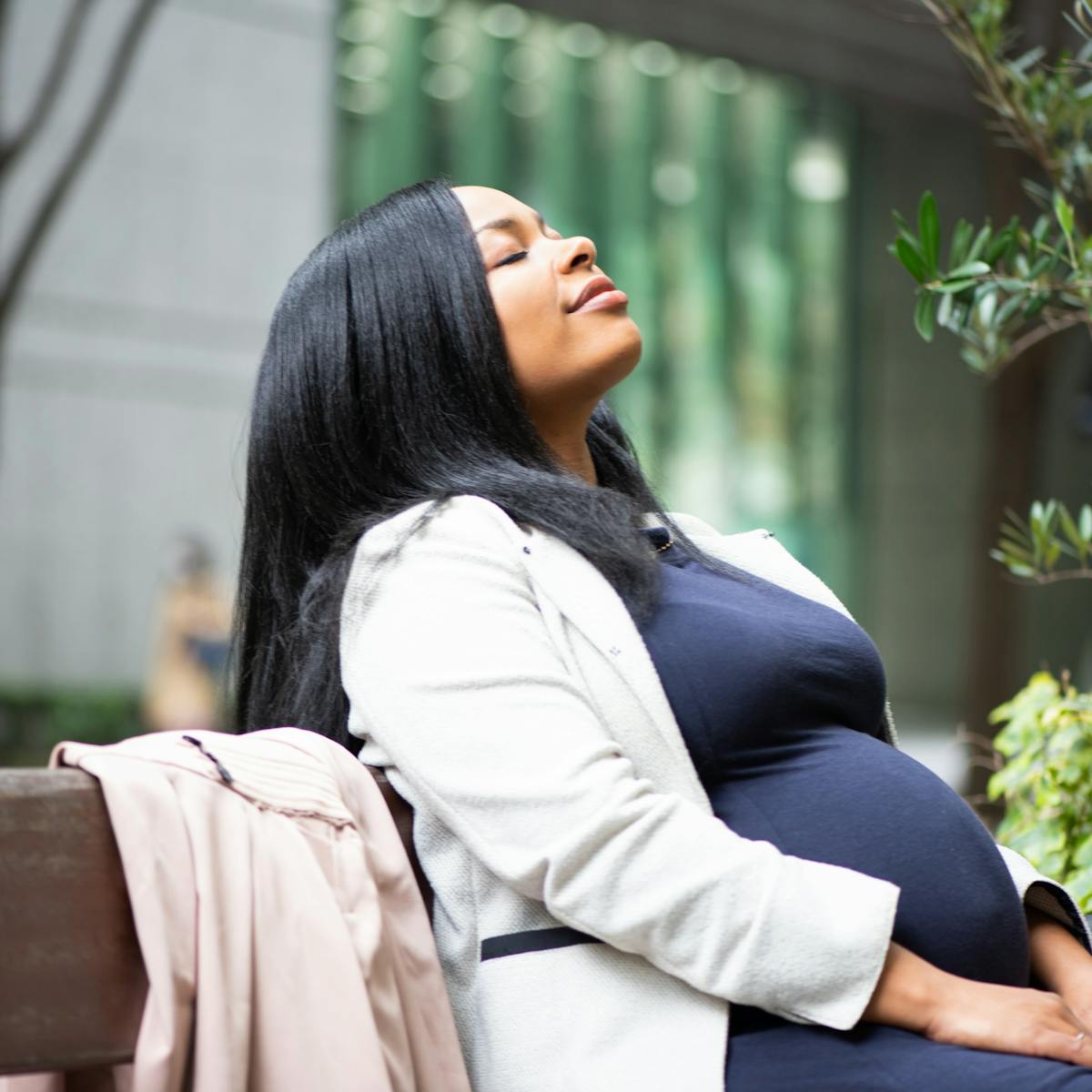
How Does A Baby Breathe While Inside Its Mom

Womb To World Helping Your Newborn Adapt To Life Outside The Womb Photos Babycentre Uk

How Do Babies Breathe In The Womb Pregnancy Video
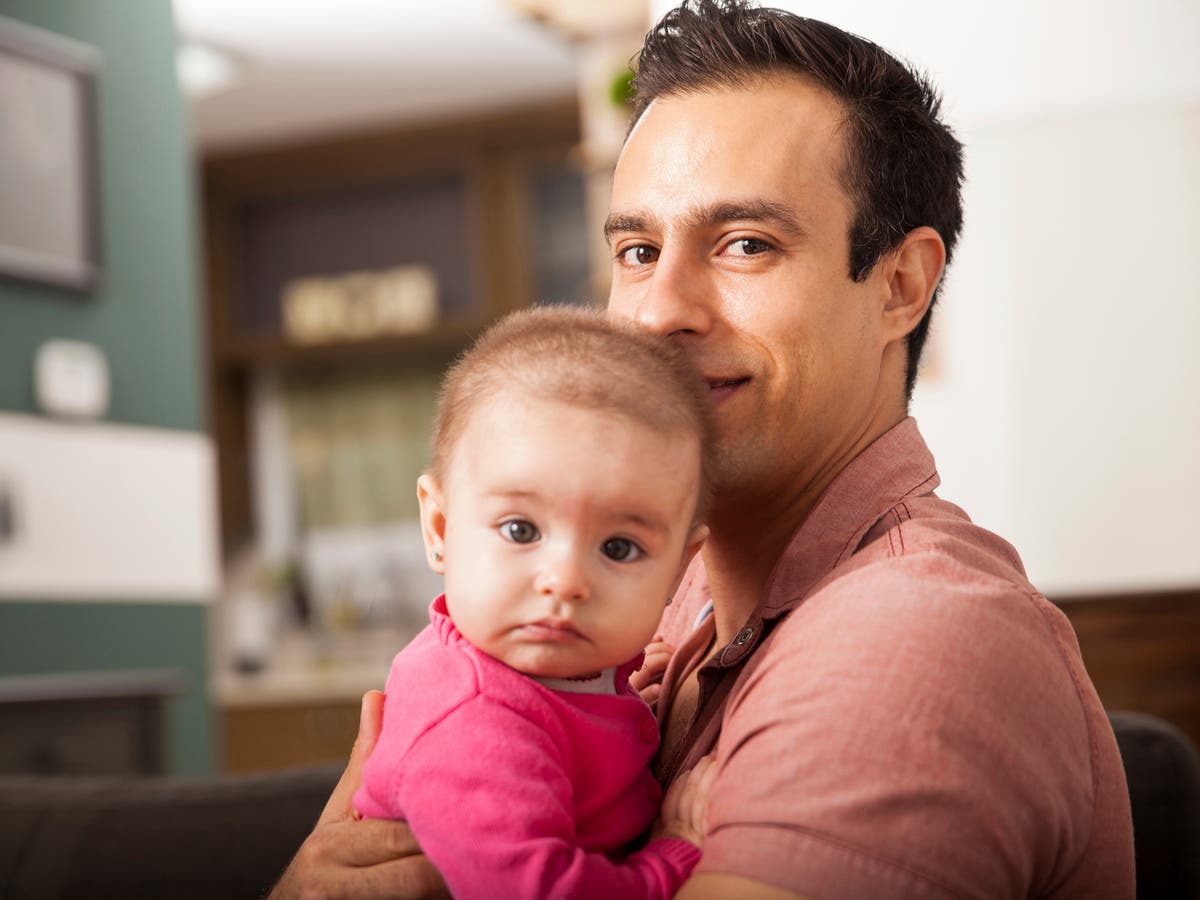
Babies Cry In The Womb And 18 Other Surprising Facts I Learned When I Became A Dad The Independent The Independent
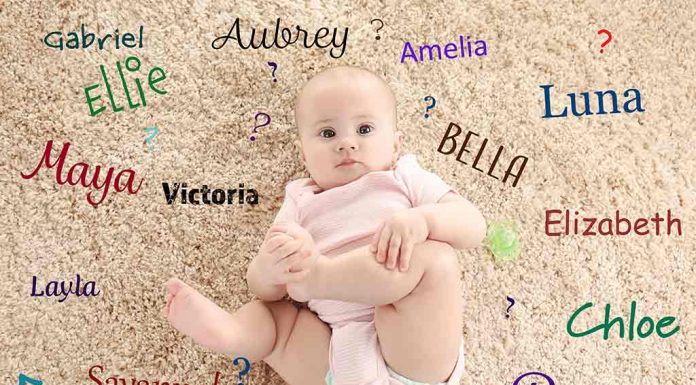
How Does A Baby Breathe In The Womb

Umbilical Cord Blood Gases And Birth Asphyxia

8 Amazing Things A Baby Does In The Womb

Will This Artificial Womb One Day Improve The Care Of Preemies Innovation Smithsonian Magazine

Researchers Recreate The Womb Experience To Transform Care Of Very Premature Infants
/iStock-696314732-5a25bc6eda27150037cb32de.jpg)
